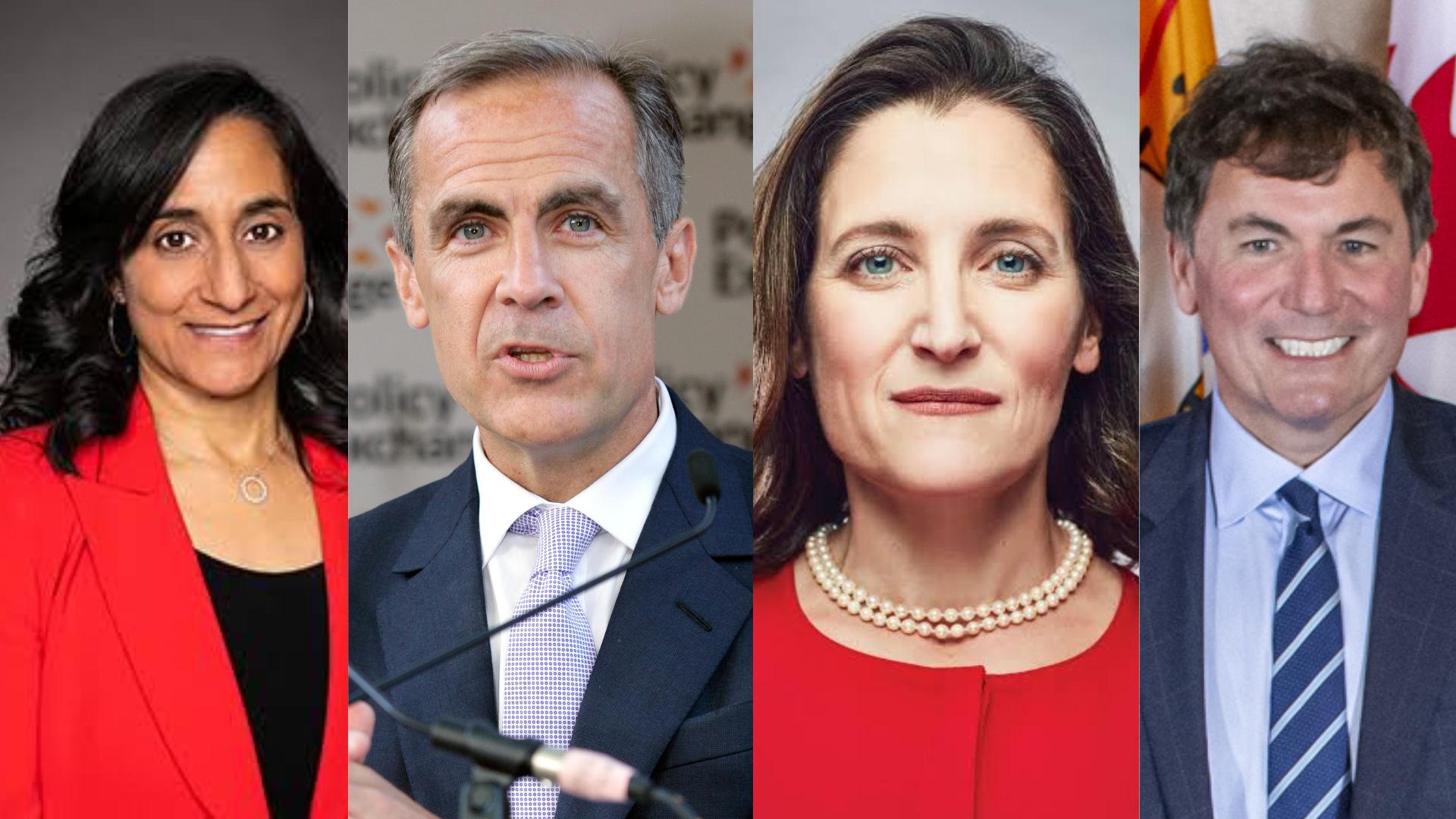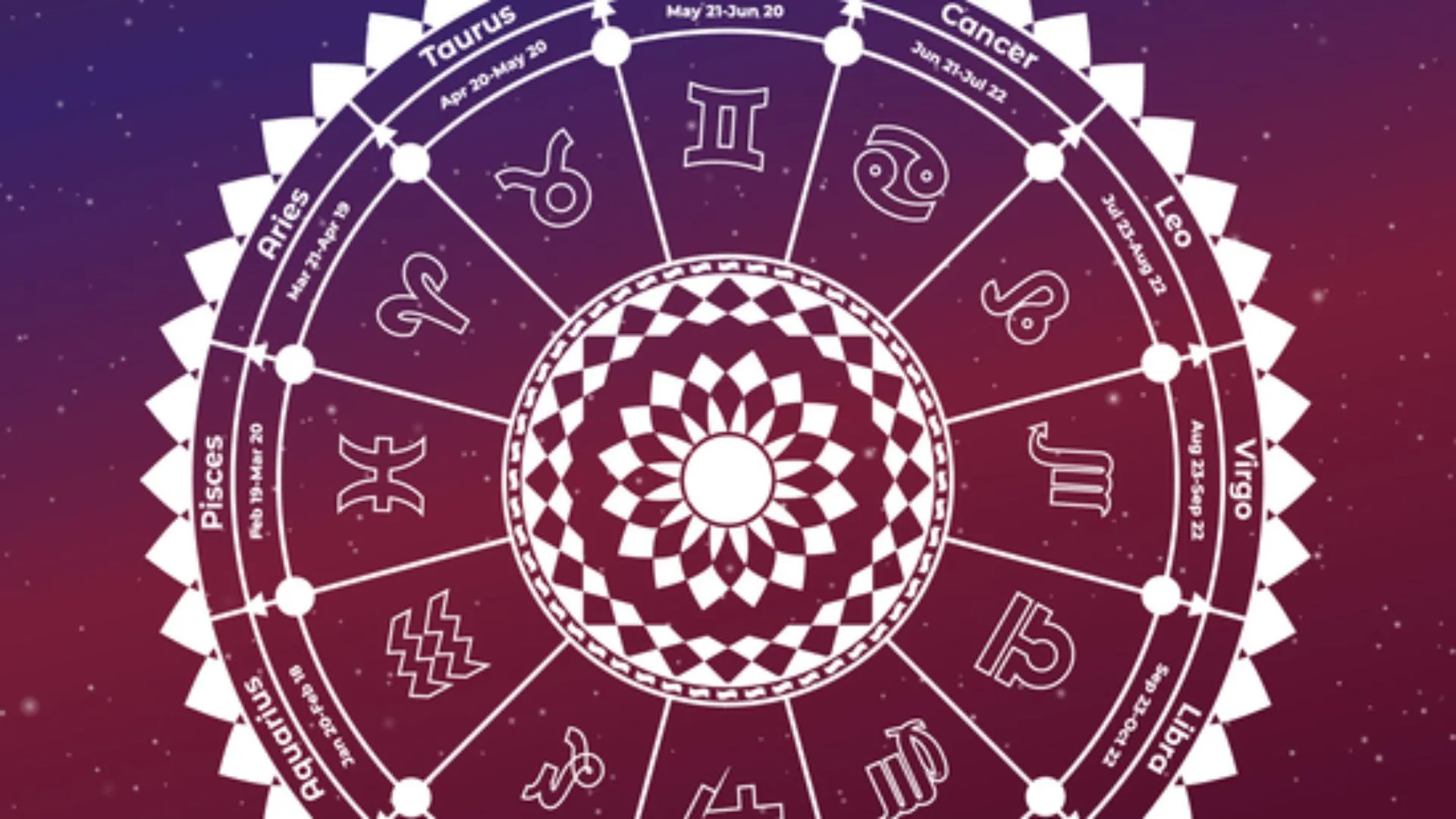On January 6, 2025, Canadian PM Justin Trudeau has announced his ‘intent’ to step down as leader of the governing Liberal Party and as Prime Minister.
Trudeau, who has led the Liberals since 2013 and served as prime minister since 2015, confirmed that he would remain in office until a new leader is chosen through a grassroots party election.
This means Trudeau will lead the country through the first months of Donald J. Trump’s new presidency and manage talks over tariffs.
His decision now leaves his Liberal party in a leadership crisis, who are already trailing the opposition Conservative Party in polls ahead of the next federal election.
In his resignation statement, Trudeau acknowledged his waning popularity amid frustrations over rising living costs, immigration concerns, and other challenges.
“It’s time for a reset,” he said. “Canadians deserve a fresh perspective and renewed leadership to address the challenges of today and tomorrow.”
The move follows months of mounting pressure from within the party as polls suggested the Liberals were heading for defeat in the next federal election, scheduled for October 2025.
Who will be the next potential Leader of Liberals?
Chrystia Freeland
The former deputy prime minister and finance minister, Freeland resigned abruptly in December, citing disagreements with Trudeau’s handling of Trumpera trade tensions. A Harvardeducated former journalist, Freeland played a central role in renegotiating NAFTA but has struggled to connect with grassroots voters.
Mark Carney
A former central banker with international clout, Carney has long been seen as a potential leader. While he has never held public office, his economic expertise and environmental advocacy could appeal to Liberal voters. However, critics argue his lack of retail political experience may hinder his campaign.
Anita Anand
Known for her leadership during the pandemic, Anand secured vaccines and PPE for Canada as procurement minister. The Oxfordeducated lawyer later served as defence minister, navigating Canada’s support for Ukraine and internal military reforms. She faces questions about her ambitions after a perceived demotion to transport minister.
Francois Philippe Champagne
Dubbed the “Energizer Bunny” of Canadian politics, Champagne is a skilled negotiator and dynamic politician. Representing Quebec, his business acumen and charm could help him broaden the Liberals’ appeal.
Mélanie Joly
Canada’s foreign minister, Joly has been a key figure in international diplomacy, representing Canada during the Ukraine conflict and the IsraelHamas war. A savvy organizer, her close ties to Trudeau may both help and hinder her campaign.
Dominic LeBlanc
A Trudeau confidant and veteran parliamentarian, LeBlanc has overseen critical negotiations, including health care and foreign interference issues. Known for his humor and affability, his deep party roots and experience could make him a unifying candidate.
Christy Clark
The former British Columbia premier has expressed interest in returning to federal politics. Clark has a reputation for balancing environmental priorities with energy development and could attract centrist Liberal voters.
Sean Fraser
The former housing minister, Fraser resigned in December alongside Freeland. A young, articulate Cape Bretoner, he has earned a reputation as a strong communicator but could face criticism for the housing crisis during his tenure.
According to Justin Trudeau’s speech, a “nationwide” process will be used to choose his successor. This indicates that the Liberal Party will choose a new leader through a more drawn-out process that may involve weeks of campaigning by candidates.
Trudeau has requested that parliament be suspended, to select his successor. A nationwide race for the Liberal Party leader is expected to take a several weeks, as evidenced by the extended suspension, which ends on March 26.
ALSO READ: Canadian PM Justin Trudeau Resigns, This Is What He Said In His Last Speech




















